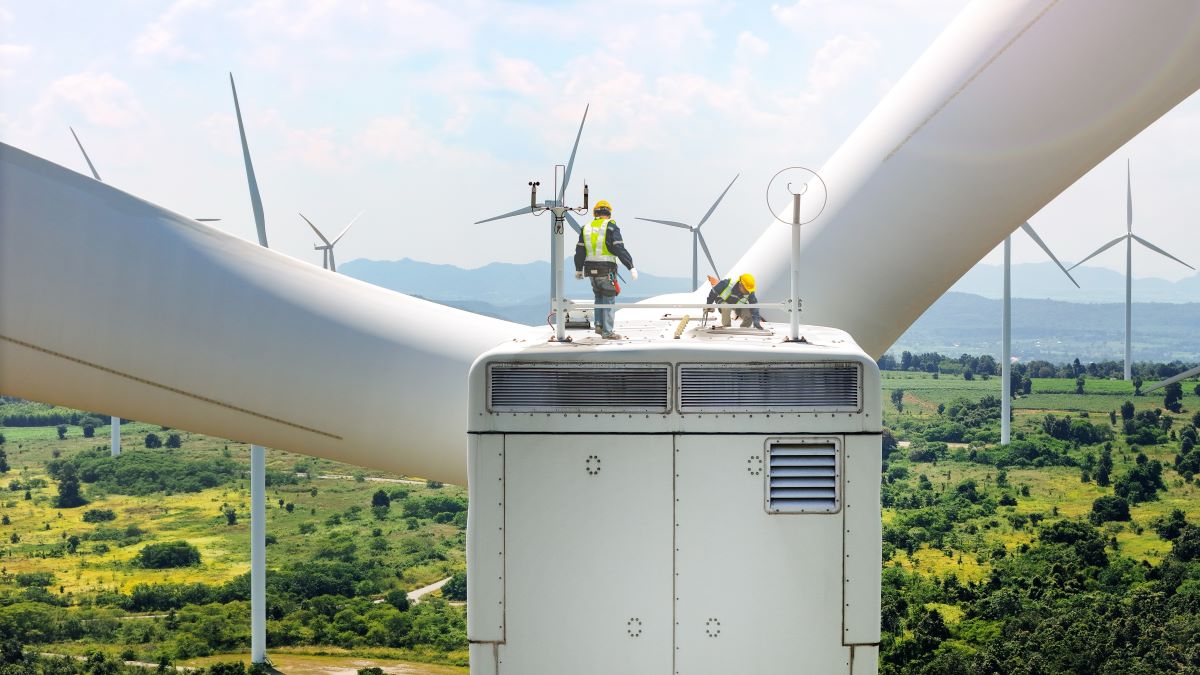The UNCTAD16 conference highlights investment headwinds, opportunities and the path to the World Investment Forum 2026 in Qatar.

© Shutterstock/ultramansk
Without a decisive push to restore trust and redirect capital, the world risks losing momentum to finance the green and digital transitions.
That's the message from global investment and business leaders at the Business Leaders Dialogue held as part of the 16th United Nations Conference on Trade and Development (UNCTAD16) on 22 October.
Participants stressed that international investment is not just about capital flows. Rather, it shapes priorities, builds future markets and determines who benefits from the global economy.
“When businesses can’t predict tomorrow’s trade rules or next year’s market access, they delay investment, demand higher returns, and choose short-term safety over long-term growth,” said UNCTAD Secretary-General Rebeca Grynspan.
“The very capital we need for the green and digital transitions sits on the sidelines, waiting for clearer signals.”
Investment slowdown threatens development goals
According to UNCTAD’s latest data, global foreign direct investment fell 11% in 2024, with investment in key Sustainable Development Goal sectors such as renewable energy, transport and water declining by over 30%. Project finance for infrastructure – vital for developing economies – has slowed sharply, while cross-border mergers and acquisitions dropped 23% amid geopolitical tensions and rising tariffs.
Global value chains are being reshaped by strategic rivalries, and investment decisions increasingly reflect geopolitical calculations rather than economic fundamentals. These trends create additional obstacles for developing countries with limited fiscal space and underdeveloped capital markets.
Unlocking opportunities in the green and digital transitions
Despite headwinds, panelists identified opportunities in green technology, digital infrastructure and AI-enabled services. Business leaders including Julio Moltó, Ángela Pérez, and Alan Chan underscored that de-risking mechanisms, predictable regulation and investment facilitation can make developing markets more attractive.
“Partnerships are key, and everyone has to bring the best of what they do. Public institutions can bring risk management, and the private sector can bring scalability,” said Ángela Pérez, CEO of COFIDES.
Speakers called for wider use of blended finance instruments, sovereign guarantees and public–private partnerships to mobilize private capital in sustainable sectors.
From diagnostics to action
CEOs discussed practical steps to mobilize long-term investment, including transparent regulation, stable policy signals, and faster project pipelines. They discussed how governments can build trust with investors through transparent regulation, stable policy signals and faster project preparation pipelines, stressing the need to connect capital to bankable projects – a persistent gap in many developing economies.
“The UN cannot solve every problem and so partnership sand networks are so important,” Ms Grynspan told participants.
“I ask you to be bold: propose partnerships, identify reforms, commit to investments. The world needs your leadership, your capital, and your conviction more than ever.”
Road to the World Investment Forum 2026
The dialogue is a preparatory step for the World Investment Forum 2026, to be hosted by Qatar, where governments, international organizations and private investors are expected to build a multi-stakeholder action agenda.
Announcing that his country would host the 9th edition of the forum, Ahmad Mohammed A.Y. Al-Sayed, Minister of State for Foreign Trade Affairs, Qatar said the forum should focus on key priorities emerging from the discussion.
Minister Al-Sayed emphasized that the forum should leave a lasting impact and ensure that investment contributes to broad-based prosperity.




